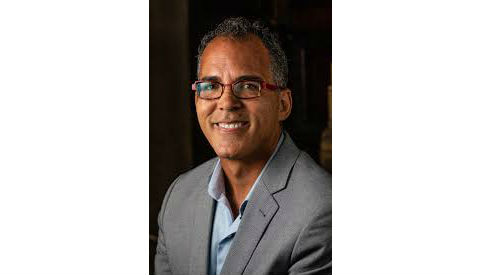As the school year begins, a natural amount of nervousness surfaces about what this semester will mean in terms of friendships, new romantic relationships, hookups, and yes, perhaps some schoolwork as well. While all these concerns are normal, for some of us there may be a bit of anxiety about what to do in case we have a sexual encounter that does not follow the rules of consent, an incident of sexual harassment or discrimination based on our sexual or gender identities.
Of course, whenever such an incident occurs on our campus it is a tragedy to the community as a whole. While these things should never happen to anyone, there are resources available to the student body thanks to a piece of legislation called Title IX. Title IX is a part of the 1972 United States Education Amendments that states: “No person in the United States shall, on the basis of sex, be excluded from participation in, be denied the benefits of, or be subjected to discrimination under any education program or activity receiving federal financial assistance.”
On the surface, this wording seems to simply enforce everyone’s right to an education free from harassment, but in reality Title IX is a landmark piece of legislation that ensured the implementation and equal treatment of female athletics, as well as a required response from university officials in the event that an accusation of sexual discrimination, harassment or misconduct is made. Action must be taken in an immediate answer, with a clause prohibiting retaliation, and allowing for schools to issue a no contact directive if necessary. In no way shape or form are school officials to encourage or allow mediation in cases of sexual misconduct.
Now that we’ve gotten past all the nitty gritty legal jargon of Title IX, the more important aspect of this law is how we as students can use it to our advantage if it is ever necessary. A first course of action is to report any incidence of sexual harassment, misconduct or discrimination you may experience or witness. Legally, faculty members are required to take these claims seriously, so if you’d prefer to tell your advisor or favorite professor rather than someone at the Campus Health and Wellness Center, the same rules still apply. Additionally, in recent years the University has implemented Peer Allies in order to give students trained students to talk to if reporting directly to the University seems like a daunting task at first.
If a student does not want to file an incident report to the police, they may still report it to the university without having to worry about the possibility of a trial. Additionally, if the University fails to comply with any of the actions stated above students have the right to report their claims to the Department of Education through a Cleary Act Complaint or Title IX Complaint.
Title IX is a groundbreaking piece of legislation that holds universities with the task of creating a safe environment for their students free from sexual harassment, discrimination or misconduct. While students should be aware of their federal rights, it is just as important for us as a campus to take responsibility for ending sexual violence and discrimination within our community. If you or anyone you know has experienced an incident of this nature, there are resources on campus including but not limited to CHWS, peer allies, and the Student Conduct office. Additionally, off campus resources include the Sexual Assault Center of Pierce County, and Planned Parenthood. Regardless of whether or not reporting of the incident happens, there is a support network available for those who may need it or want to learn more.






